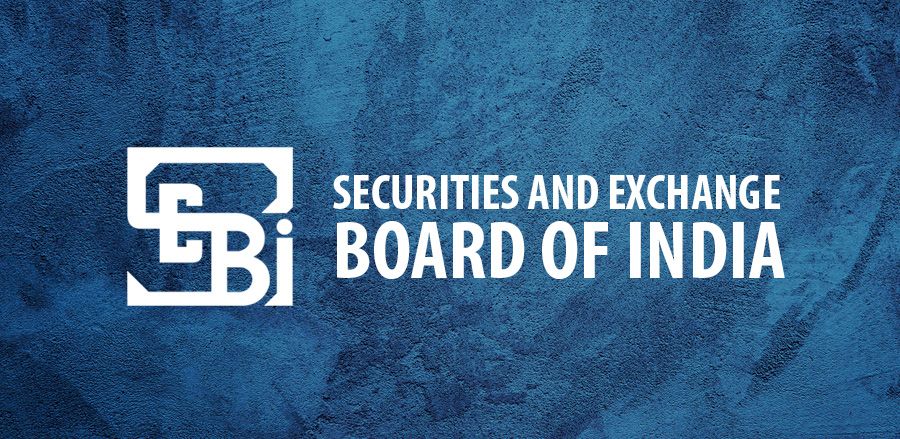This is a big step forward for blockchain technology’s application in India’s financial sector.
Beginning next year, India’s securities regulator wants to rely extensively on blockchain technology to record and monitor banking assets.
SEBI’s Major Step
By April 1 next year, SEBI plans to implement a system for “security and covenant monitoring” for non-convertible debentures (NCDs).
It is a big step forward for using blockchain in India’s financial ecosystem. Moreover, it joins other large institutions in adopting the technology to improve system efficiency.
NCDs are financial assets that acknowledge the issuer’s debt commitment. A debenture is often a long-term instrument. Its purpose is to cash in for shares at the owner’s choice at a later period. Non-convertible goods are debt obligations that cannot be converted into stock.
What will the system do?
The system will also keep track of covenants, which are terms in a loan arrangement, and the NCDs’ credit ratings. Additionally, the system will provide trustees, issuers, and credit rating organizations authorization to change transaction data. As a result, stock exchanges and depositories will access the data, allowing for a more transparent procedure.
The data will have cryptographic signatures, time-stamped, and entered into the ledger chronologically, creating a credible audit trail of transactions. SEBI stated in a statement that transaction history and data on the roster is “fully” secure and shared exclusively with “need-to-know” parties.
“DLT has the potential to provide a more resilient system than traditional centralized databases and offer better protection against different types of cyber-attacks because of its distributed nature, which removes the single point of attack,” the watchdog added.
Disclaimer: The information provided is not trading advice, Bitcoinworld.co.in holds no liability for any investments made based on the information provided on this page. We strongly recommend independent research and/or consultation with a qualified professional before making any investment decisions.




